 The victory of anti-China candidate William Lai will rattle Beijing, which wants more control over the world's supply of microchips. Credit: AP Photo/Chang Ying-ying
The victory of anti-China candidate William Lai will rattle Beijing, which wants more control over the world's supply of microchips. Credit: AP Photo/Chang Ying-ying
In a year when American, Indian and British citizens go to the polls, elections in Taiwan, a democratic island off the coast of China, may not attract too much attention.
< But when voters in Taiwan choose their new president next Saturday, it could help determine the future of a critical cog in the modern economy.
The country the size of Switzerland, with a population of 26 million, is a mainstay of the global semiconductor industry, responsible for production of the vast majority of microchips used in smartphones and high-end computers.
It produces more than 60% of the world's semiconductors and 90% of the most advanced ones: the components we need not only for consumer electronics, but also for washing machines, cars and light bulbs.
Semiconductors and their dependence on one country have become a growing problem in recent years as technological tensions with China rise, then the pandemic led to crippling chip shortages and, more recently, as advanced chips began to play a central role in the artificial intelligence revolution.
Deteriorating relations between the West and a more assertive China have also raised concerns about Taiwan, which the Communist Party claims as its own. An invasion would give China control of the global electronics supply chain, and it is often rumored that factories would be booby-trapped to explode.
“Taiwan is now an indispensable player in the world. semiconductor supply chain,” says Chris Miller, a historian at Tufts University and author of “Chip War,” which chronicles the geopolitical history of the technology.
“It will remain a very, very important player for a very, very long time.” .
Just as Taiwan is critical to the microchip industry, chips are central to the country's economy. They account for 15% of GDP and more than a third of exports. TSMC, the world's largest contract microchip maker, accounts for more than a quarter of the value of the Taiwan Stock Exchange.
So the country's status as a global chip maker inevitably became a flashpoint in this week's elections.
Next Saturday, voters will nominate a new president after eight years of rule by Tsai Ing-wen, whose Democratic Progressive Party (DPP) has been committed to opposing Beijing.
The DPP's new candidate, William Lai, is seen as a tougher pro-independence figure and is deeply disliked in Beijing.
The main opposition, Hou Yu of the Kuomintang (KMT) Party, favors closer relations with China; his running mate called the election a choice between “war and peace.”
 Hou Yu, the Kuomintang candidate, believes closer ties with Beijing will benefit Taiwan. Photo: REUTERS/Ann Wang
Hou Yu, the Kuomintang candidate, believes closer ties with Beijing will benefit Taiwan. Photo: REUTERS/Ann Wang
Both would represent change at a delicate moment: Xi Jinping called reunification a “historical inevitability” in his New Year’s message. «, and an unprecedented third consecutive term for the DPP, the most likely outcome according to polls, will rattle Beijing.
TSMC, which makes the central processing units for the iPhone and is known in Taiwan as the country's «sacred mountain» because of its economic significance has become a key problem.
During last week's vice-presidential debate, KMT Deputy Hou Jau Sho-kong accused TSMC of prioritizing investment outside Taiwan: Under pressure from foreign politicians concerned about Taiwan's future and receiving generous subsidies, the company promised to build giant manufacturing plants chips in Arizona and Germany.
“Our TSMC wants to run overseas,” Joe complained, saying the company now has a policy of “Taiwan plus one—one factory in Taiwan, one overseas, devastating our Taiwan.” «.
Jason Hsu, a former Taiwanese lawmaker and fellow at the Harvard Kennedy School, says TSMC's size has turned this into a political football.
“The spotlight puts a lot of pressure on TSMC to influence decision making,” he says.
“Whatever investment or business decisions they make, it is now interpreted as a political decision. TSMC's investments overseas in the US, Japan and Germany mean it is not creating jobs domestically.»
Pressure on TSMC to prioritize domestic investment directly contradicts Joe Biden's efforts to diversify the world's semiconductor supply.
The US President has proposed a $53bn (£42bn) support package to boost American chip production . But the plan faced early setbacks, with funding decisions criticized as slow and TSMC and Samsung pushing back the timetable for their new megafactories to come online.
Miller says criticism of the plan is premature, but it will take time to bear fruit. “In 10 years, Taiwan will play a less important role in the chip manufacturing process than it does today. But this change will not happen overnight. This will be a long and gradual shift, not an immediate change.”
Whoever becomes Taiwan's new leader, his control of one of the world's most important technologies will remain a source of tension — not just at home. a small democracy, but for the billions that depend on it.












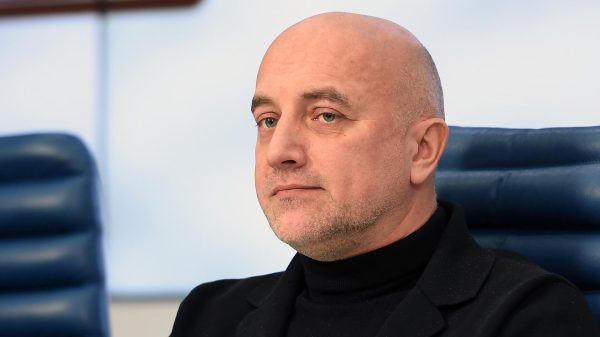
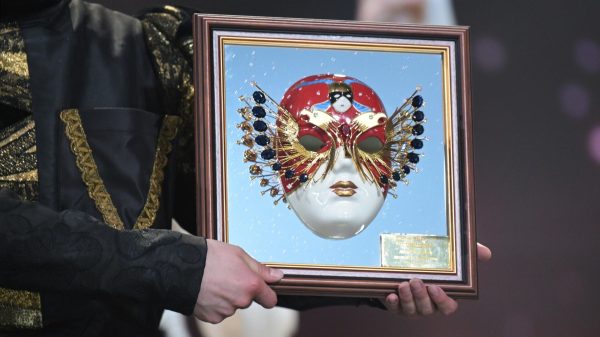














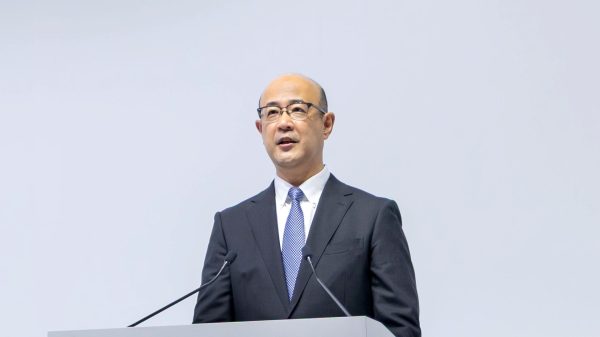

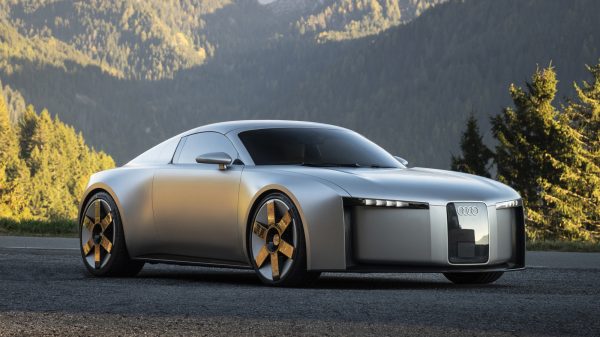
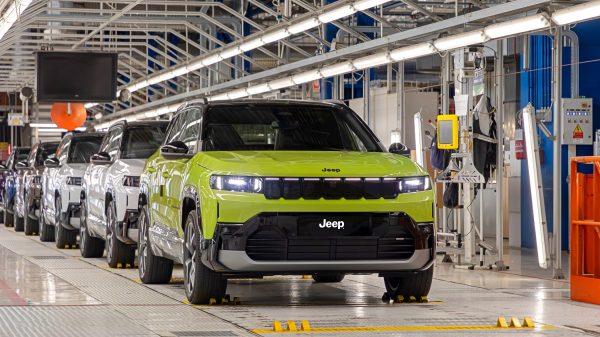























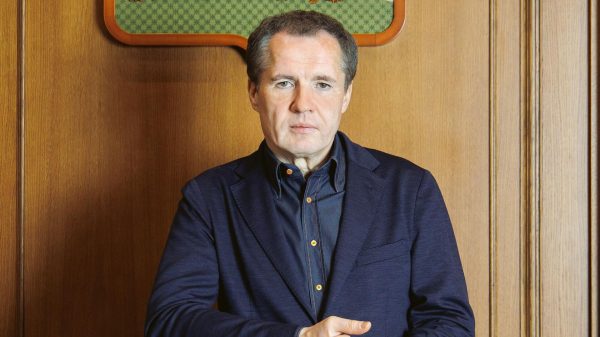


Свежие комментарии